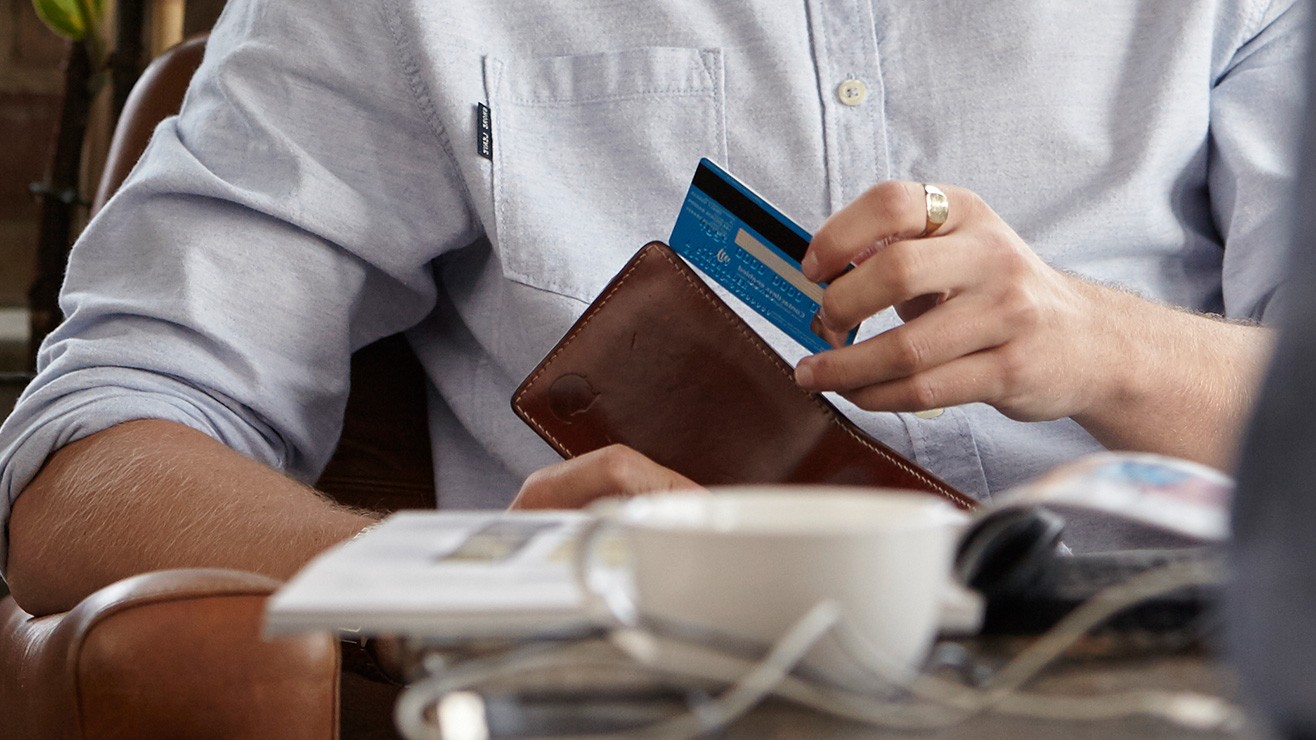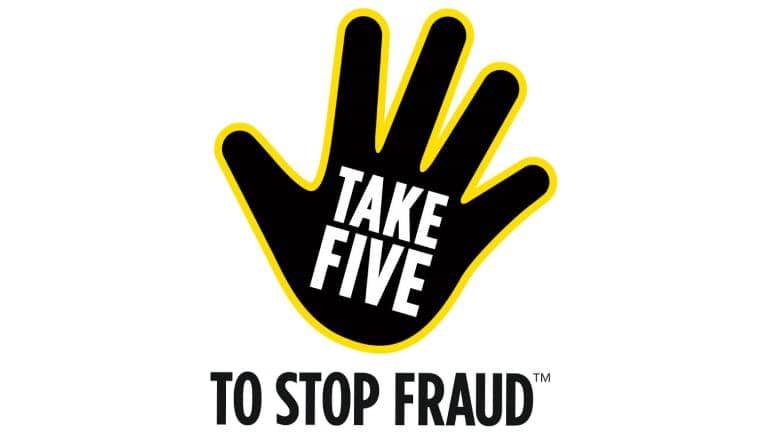
Phishing, smishing, and vishing
You receive an email, text message or call claiming to be from a well-known company or organisation, such as a bank or the police.
When someone tries to scam you by email, it’s called phishing. Scam calls are known as vishing, and SMS messages as smishing.
How it could happen to you
- You receive a communication that seems genuine – but it's actually a very good fake
- Fraudsters and scammers can change the phone numbers, email addresses and company names that appear on your device, so you think you’re being contacted by a genuine company. This is called spoofing
- They gain your trust, and trick you into revealing personal and bank details – then use them to access your account and make payments without you knowing
- Fraudsters call you pretending to be us, or another company you trust, and say they’ll send a one-time passcode to confirm your identity. Really, they’re trying to use your card details to make a fraudulent payment, and know we’ll send you a code to check whether it’s genuine. When you share the code with them, they use it to authorise the payment.
- Scammers trick you into paying for a product, service, or investment that doesn't exist, or make up an elaborate story to get you to send them money
How to protect yourself
- Be wary of any unexpected text messages, calls and emails you get
- Don't be fooled if a phone number or email address looks genuine – they can be faked
- Be extra suspicious if you're asked to open a link or call a number
- If you need to call the company, find a genuine number from a trusted source – for a bank this could be their website, or the back of your card
- If you need to visit the company's website, don’t take it from a message or click on a link – always type in a web address you know is genuine by hand
- Never reveal personal information, your PIN, PINsentry codes, mobile activation codes, QR codes, or Online Banking passcodes
- Remember – if you receive an SMS message with a passcode from us, read it carefully. If it says ‘don’t share this code with anyone’, don’t share it – even with someone who says they work for us
- If we call you, we’ll use app ID to send a secure notification you can view in your Barclays app. You’ll see the name of the colleague you’re speaking to, and you’ll be able to confirm you’ve got the notification so we know it’s you too

Cash machine fraud
Fraudsters continue to find new ways to pull off this con, but the outcome is still the same – distracted at an ATM, you lose sight of your card and your bank account is emptied before you realise.

Card fraud
A fraudster gets access to your personal information or steals your credit or debit card details. This lets them spend with your card.

Identity fraud
Fraudsters steal personal information about you to impersonate you. They then take out loans and credit cards in your name, or withdraw cash from your bank account.

Remote access fraud
Someone calls claiming to be from an organisation you trust. They say there's a problem with your computer or bank account and offer to take remote control of your computer to help fix it.

Mobile malware
Criminals sneak harmful software onto your mobile device. They hide it in apps and updates so you install it without realising. Once installed, the software can steal your personal details and passwords, then log in to your apps.

Return to fraud and scams homepage
Have you educated yourself enough on the different types of fraud? Head back to the homepage.
You may also like…

Protect yourself from scams
Learn about the different types of scam
Scammers get more sophisticated every day, so it’s important to be alert. We’ve put together some examples of the most common scams, to help keep you protected.

Think you’ve been a victim?
How to report fraud or a scam
Find out what to do if you’re worried about a card payment, how to report fraud and scams and what happens after you tell us, plus get tips on how to help protect yourself.

Take Five to stop fraud
National awareness campaign
Take Five is led by UK Finance and backed by the Government and other organisations. If you receive a phone call, text or email you think might be fake, it urges you to stop – take five – and challenge what you’re told.

Make money work for you
Explore the ways we can help you start a new relationship with money, whatever your age.